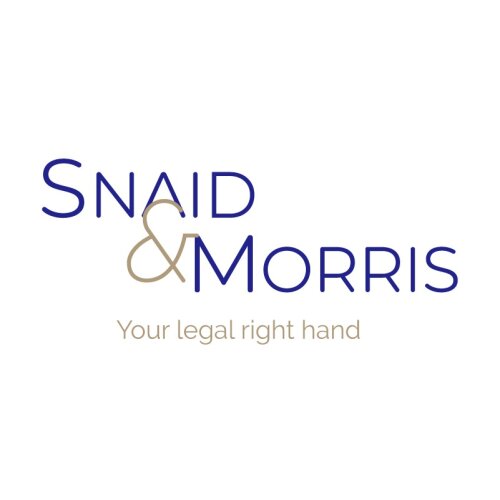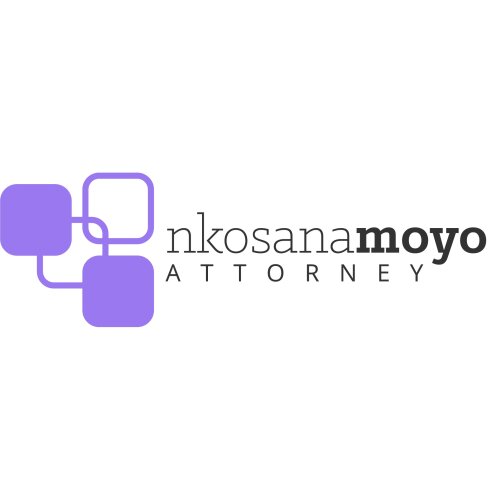Best Bankruptcy Lawyers in Johannesburg
Share your needs with us, get contacted by law firms.
Free. Takes 2 min.
List of the best lawyers in Johannesburg, South Africa
About Bankruptcy Law in Johannesburg, South Africa
Bankruptcy in Johannesburg, South Africa, is primarily governed by the Insolvency Act 24 of 1936. The Act provides a legal process through which individuals or companies who are unable to pay their debts can seek relief by having their assets liquidated to meet the demands of creditors. The aim is twofold: to provide relief for debtors who cannot meet their financial obligations and to ensure fair distribution of the debtor's estate among creditors. It's important for those facing financial distress to understand their rights and obligations under the law, as well as the potential outcomes and consequences of filing for bankruptcy.
Why You May Need a Lawyer
Several situations may warrant seeking legal advice in the context of bankruptcy:
- You are overwhelmed by debt and are considering filing for bankruptcy to obtain debt relief.
- You need help understanding your rights and obligations under the Insolvency Act.
- You aim to ensure fair treatment by creditors during the bankruptcy process.
- You require assistance in negotiating with creditors or restructuring debts.
- You are a creditor seeking to recover debts from an insolvent debtor.
- You want to explore alternatives to bankruptcy, such as debt counseling or administration.
Local Laws Overview
The key aspects of local bankruptcy laws in Johannesburg include:
- The filing process: Individuals or companies may voluntarily apply for sequestration or be compelled into it by creditors.
- The role of a trustee: A court-appointed trustee is responsible for managing the insolvent estate, collecting assets, and distributing them to creditors.
- Alternatives to bankruptcy: Before filing, individuals may explore debt review processes or administration orders as an alternative to insolvency.
- Rehabilitation: After complying with certain conditions, a bankrupt individual may be rehabilitated, which restores their legal status and absolves them from prior debts.
- Priority of claims: The Act outlines the order in which claims against the insolvent estate are to be settled, generally prioritizing secured creditors.
Frequently Asked Questions
What is the difference between bankruptcy and insolvency in South Africa?
In South Africa, "bankruptcy" commonly refers to the legal status of individuals or non-incorporated entities who are insolvent. "Insolvency" can refer to both individuals and companies' inability to pay their debts. The process for individuals is called sequestration, whereas companies go through liquidation.
How does one declare bankruptcy in Johannesburg?
To declare bankruptcy, an individual must apply for voluntary sequestration through the court, proving that they are insolvent and that sequestration will benefit the creditors. The court may then appoint a trustee to manage the process.
What is an estate trustee?
An estate trustee is appointed by the court to manage the insolvent estate, which involves gathering assets, liquidating them, and distributing the proceeds among creditors according to the law’s priority rules.
Can all debts be discharged through bankruptcy?
Not all debts can be discharged. Certain debts, such as fines, certain taxes, and liabilities arising from fraud, may not be eliminated through the bankruptcy process.
How long does bankruptcy last?
Bankruptcy typically lasts until the individual is rehabilitated. This can take anything from four years or more, depending on whether the individual meets the conditions set forth by the Insolvency Act for rehabilitation.
What is rehabilitation in the context of bankruptcy?
Rehabilitation is a legal process through which a person is discharged from bankruptcy, restoring their legal status. It may occur automatically after four years or sooner if certain conditions, such as settlement of claims, are met.
Can a company file for bankruptcy?
No, companies do not file for bankruptcy but instead undergo liquidation if they are insolvent. Liquidation dissolves the company, sells off its assets, and distributes the proceeds to its creditors.
What happens to my assets if I file for bankruptcy?
Your estate will surrender most of your assets to the trustee, who will sell them to pay off creditors. Certain assets deemed necessary may be exempt from this process.
Are there alternatives to declaring bankruptcy?
Yes, alternatives include debt counseling, debt consolidation, or administration orders under the Magistrates’ Courts Act, which can offer structured ways to repay debts without going through bankruptcy.
What if creditors continue to harass me?
Once you are declared bankrupt, an automatic stay comes into effect, which means that creditors are prohibited from harassing you, and all debt collection efforts must cease.
Additional Resources
- The Department of Justice and Constitutional Development offers guidelines and information on insolvency procedures.
- The South African Insolvency Practitioners Association (SAIPA) provides resources and support for professionals involved in insolvency processes.
- Legal Aid South Africa may assist those who cannot afford a lawyer with legal advice and representation.
Next Steps
If you believe you need legal assistance with bankruptcy, consider the following steps:
- Consult with a qualified bankruptcy attorney to assess your situation and discuss your options.
- Gather all relevant financial documentation, including debts, assets, and income statements, to provide complete information to your legal advisor.
- Explore all options, including debt counseling and administrative orders, before deciding to file for bankruptcy.
- If filing for bankruptcy is the chosen course of action, follow your lawyer's advice and ensure all legal procedure requirements are meticulously met.
Lawzana helps you find the best lawyers and law firms in Johannesburg through a curated and pre-screened list of qualified legal professionals. Our platform offers rankings and detailed profiles of attorneys and law firms, allowing you to compare based on practice areas, including Bankruptcy, experience, and client feedback.
Each profile includes a description of the firm's areas of practice, client reviews, team members and partners, year of establishment, spoken languages, office locations, contact information, social media presence, and any published articles or resources. Most firms on our platform speak English and are experienced in both local and international legal matters.
Get a quote from top-rated law firms in Johannesburg, South Africa — quickly, securely, and without unnecessary hassle.
Disclaimer:
The information provided on this page is for general informational purposes only and does not constitute legal advice. While we strive to ensure the accuracy and relevance of the content, legal information may change over time, and interpretations of the law can vary. You should always consult with a qualified legal professional for advice specific to your situation.
We disclaim all liability for actions taken or not taken based on the content of this page. If you believe any information is incorrect or outdated, please contact us, and we will review and update it where appropriate.














